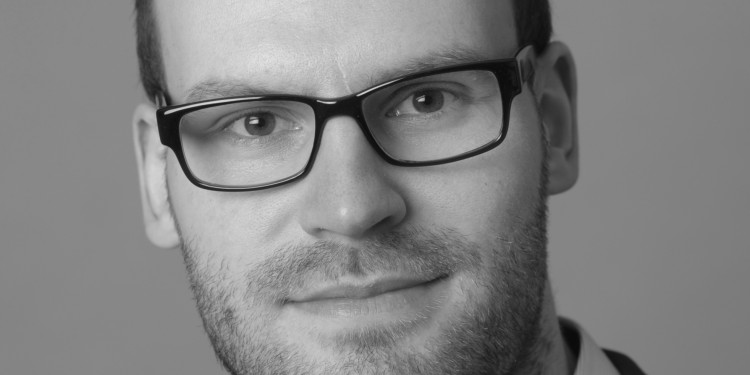
Alternative careers: moving into private industry with a PhD
I already knew as an undergraduate that I would later prefer a career in private industry to one in the academic world. Nevertheless, I made the conscious decision to write a PhD. Why? After I had completed my degree course at the University of Bonn, I felt I had acquired the most important tools of my trade – but even while I was writing my diploma thesis there was hardly any time to immerse myself in complex scientific topics. Although I never found my work as a researcher entirely fulfilling, it was a challenge I wanted to face. Moreover, it was already clear to me at that time that a PhD could also open doors outside a university – even when it is not an official requirement for a job. And it was indeed the PhD that made my own career possible: both for my first job in scientific product management with the diagnostic laboratory company Euroimmun, as well as for my current position of Scientific Affairs Director at the company’s US branch in New Jersey.
During my second year of doing my PhD I began to think outside the academic box. Münster University and the Graduate School there (today, CiM-IMPRS) enabled me to do this very easily due to the numerous further training courses on offer – for example, the seminars for doctoral students at the Institute of Business Management (Institut für betriebswirtschaftliches Management) or the University’s Career Service. I would advise anyone doing a PhD to make use of these offers as early as possible, so that they can systematically identify areas of work which correspond to their own strengths. A thorough study of job adverts during the second half of the period working on my PhD was very useful in helping me understand the language of industry, recognize job requirements, and get to know new jobs and companies. Although I would describe myself as someone with a high degree of self-reflection, this phase of self-discovery took up a fair bit of time. Ultimately, though, it was actively participating in courses and workshops, some intensive reflection, and discussions with alumni which all helped me to identify precisely where and how I would like to work in future and what exactly I would like to do.
My experience of going into industry took place in several steps and under a wide variety of conditions. Between submitting my doctoral dissertation and taking the oral exam, I had a work placement in the in-house consulting division of the pharmaceutical and technology company Merck in Darmstadt. The spirit in which a dissertation is written – one of thoroughgoing analysis and absolute perfectionism – meant that it was not easy to take those first steps in industry. I always wanted to be absolutely sure of having understood a process completely before I even opened my mouth to say something. This behaviour was something that I observed in a lot of scientists with a PhD who were beginning their careers in industry. I have to say that, for myself, I was only able to be successful and motivated in an industrial environment after I had at least partially shed my academic perfectionism.
My second stop – as a product manager with Euroimmun in Lübeck, and with a successfully completed PhD in my pocket – was a softer transition. At Merck I had shared offices with former employees of business consultancies, but now in Lübeck I was suddenly surrounded by biologists with PhDs. This shifted me back into my comfort zone to some extent, but it also gave me the opportunity to gather experience and develop. After less than two years I was offered a new job as Scientific Affairs Director at the US branch in New Jersey. This was a great opportunity which I gladly seized, because it again allowed me to think outside the box and broaden my perspectives, both professionally and culturally.
So it was that the United States presented me with – for the time being – my last culture shock (in the fullest sense of the term). In spite of my representative role as a scientist, it is economic and business aspects and figures which play the biggest part. It took me a little over a year to get used to this new focus and operate with confidence in this different cultural and business environment.
Dr. Oliver Sendscheid wrote his PhD at the Max Planck Institute of Molecular Medicine in Münster as part of the graduate programme in cooperation with the University of Münster. Since September 2016 he has been working as Scientific Affairs Director at the US branch of Euroimmun, the global market leader in the field of autoimmune diagnostics.
